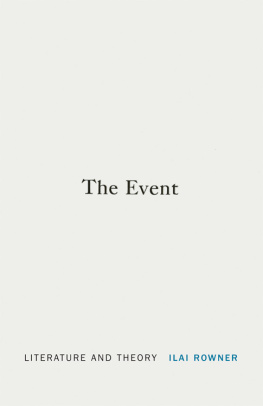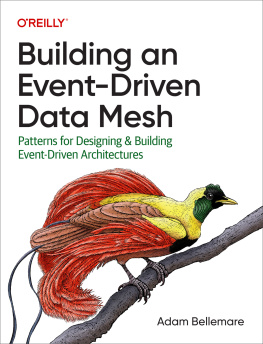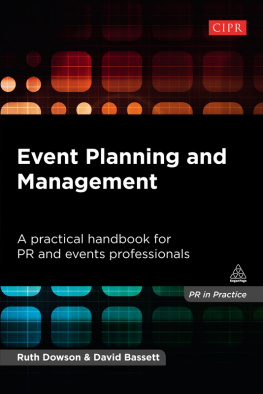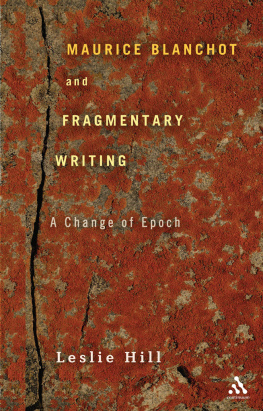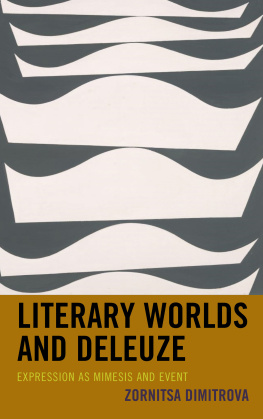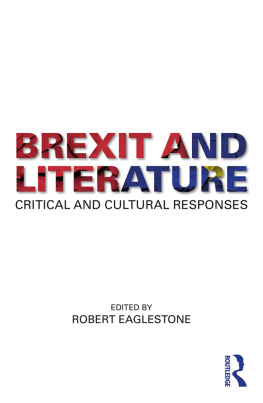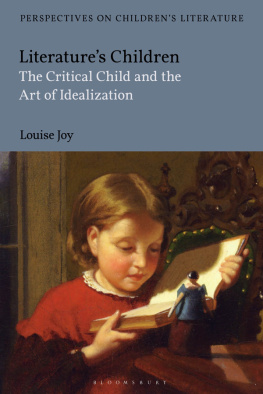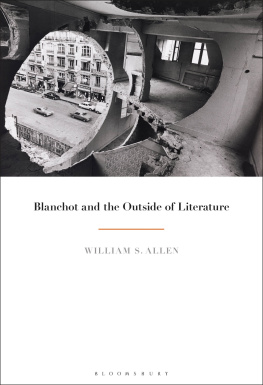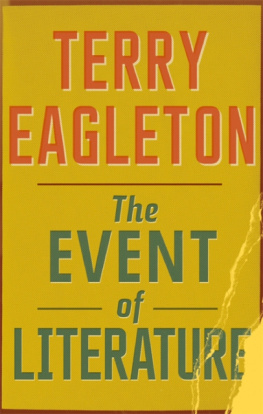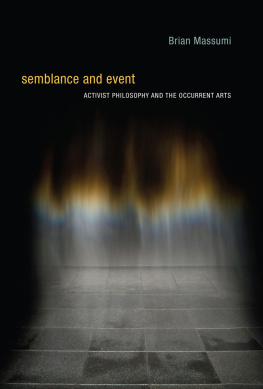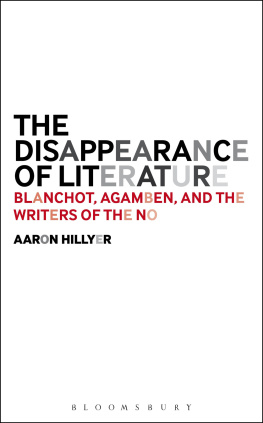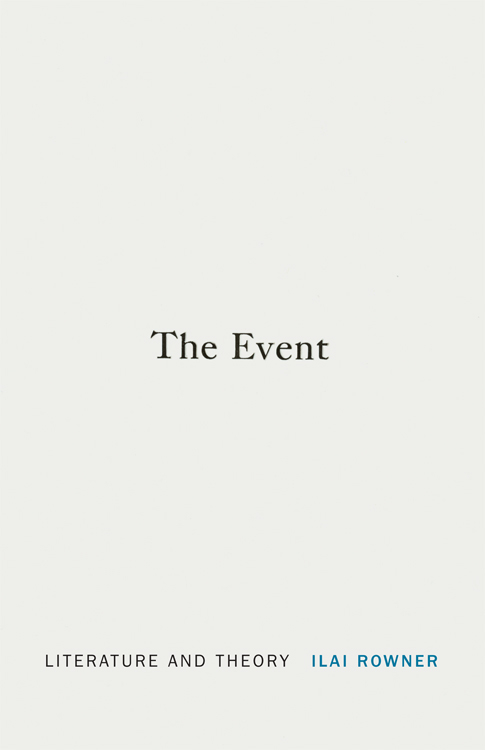
Rowners book is a considerable event. Written with great precision but also highly readable, this work offers an example of what contemporary interdisciplinary theory can produce at its best; its accessibility should draw a considerable number of readers from different fields of the human and social sciences.
Julia Kristeva, author of Strangers to Ourselves
The Event
The Event
Literature and Theory
I LAI R OWNER
University of Nebraska Press | Lincoln and London
2015 by the Board of Regents of the University of Nebraska.
All rights reserved.
Library of Congress Cataloging-in-Publication Data
Rowner, Ilai.
The event: literature and theory / Ilai Rowner.
pages cm
Includes bibliographical references and index.
ISBN 978-0-8032-4585-3 (hardback)
ISBN 978-0-8032-8648-1 (epub)
ISBN 978-0-8032-8649-8 (mobi)
ISBN 978-0-8032-8650-4 (pdf)
1. LiteraturePhilosophy. I. Title.
PN 45. R 64 2015
809dc23
2014024696
The publisher does not have any control over and does not assume any responsibility for author or third-party websites or their content.
Contents
This book is based on research I carried out in French literature and theory. It examines a key concept within contemporary literary studies by asking the following question: What is the literary event, and how is it possible to think about it? The term event, which has troubled the minds of major thinkers and scholars in very different domains (from historiography through performance art to analytical philosophy), allows us to follow the emergence of a theoretical approach that evolved in Continental thought after World War II and thus to look at the philosophical conditions of literary thinking at one of its most innovative pinnacles, at the apex of classical modernism and at its point of transition into what has since become known as postmodernism.
What I have tried to present here is an effort part scholarly and part creative to formulate a contemporary poetics, which I name, perhaps roughly, a theory of literary events. I wanted to ponder by means of this concept whether there is a moment that is unique to literature, even if only ideally, a moment that testifies to its creative value. And so the question that preoccupied me was not a historical or sociopolitical one in the sense currently common in cultural studies. This thinking about the literary event is not situated in a particular economic, technological, or ideological field and does not manifest itself as a set of empirical findings regarding a distinctive literary corpus. In this book the event is studied as a phenomenological-ontological concept that enables us to examine the art of literature as a necessary appeal of creativity. Here the event is considered neither as an occurrence in the world (historical facts, breaking news) nor as a representative or narrative incident in a novel or short story. The literary event cannot be reduced either to an extralinguistic reality or to its existence inside the linguistic realm. One of the major efforts of this book is to construct the event as a dynamic in-between entity, a liminal movement that blends the unknown factors of a happening with the vivid performance of linguistic creation.
Binding together being and language means that the event is generally felt in literature as an outburst, a moment of rupture and change, as an elusive action and an irresistible force of otherness, thereby situating a singular conception of literary creativity in relation to crisis and defining the importance of literature as a compound of crisis: a crisis that puts to the test any settled value of truth, a crisis of representation, a crisis of language itself, a crisis that concerns the destiny of the one who produces the work as well as the identity of the work produced.
Questioning the concept of the event enables us to examine in depth the violence of precisely this crisis. It allows us to open up the intensive temporal segment of the crisis insofar as it is a crucial factor, real as well as symbolic, in the becoming of the work of art. In this sense the event is both the motive that brings this crisis into existence and the concrete place of its realization; it is the evidence of the unfolding of the crisis in the text and by the text, and it is the abstract catalyst that makes the text possible.
It would be an impossible and hence superfluous task to distinguish between an event that is meaningful and one that is without value. Since the advent of psychoanalysis we know that an event may occur in the banal contact with the most basic object. Modern literature bears this out again and again: the texture of a stone or the roots of a tree in Sartres Nausea, the passing look at the Ballast Office clock in the first version of Joyces A Portrait of the Artist as a Young Man, or even the mere clanking of a spoon against a plate in Prousts Time Regained arouse unexpected and intense inner stirrings, aesthetically as well as existentially. And so the main problematic the event poses to literature is caught under the question not of What? but of How? How can the literary event be defined? How is it possible to study the literary event not by determining its absolute essence but by drawing the conditions and principles for the examination of literary moments that stab and wound, moments in which it is felt that the work cries out while it is taken to the very limits of its ability and in which the creative energy of one detail outdoes that of the whole? And thus the questions What is the event? and What is the literary event?, which guide part 1 of this book, change in part 2 into How do we construct from its very roots a thinking of the event of literature? That is to say, what are the conceptual tools and moves by means of which the literary event in all its complexity can be thought ofan event that connects the novelty of the work of language with the incomprehensible appearance and experience of being?
A clear illustration of what the term literary event refers to can be achieved by means of a short analysis of the Lord Chandos letter, written by the Viennese poet Hugo Von Hofmannsthal.
The event of the letter unfolds in two moments. The first of these is the collapse of the certainties that until then supported Lord Chandoss competencies and artistic projects. The second is a kind of inverted vision in which a new artistic destiny suddenly is revealed, demanding a poetics as yet unformulated. The first moment describes the crumbling of the hitherto firm values on which mans world rested. Chandos has to chide his little daughter and demonstrate to her the necessity of always being truthful, but words and ideas are suddenly all jumbled inside him; the sentence becomes confused before he can speak it; his face pales in consternation, and as he experiences a kind of nervous breakdown he leaves his daughter, slamming the door behind him. Everything came to pieces, the pieces broke into more pieces, and nothing could be encompassed by one idea. Isolated words swam about me; they turned into eyes that stared at me and into which I had to stare back, dizzying whirlpools which spun around and around and led into the void.
The scene is so vividly described that it might not have been only imagined; perhaps this was a denied real perception, since Chandos himself has just ordered to have rat poison scattered in the cellar: A mother was there, whose dying young thrashed about her. But she was not looking at those in their death agonies, or at the unyielding stone walls, but off into space, or through space into the infinite, and gnashing her teeth as she looked! If there was a slave standing near Niobe in helpless fright as she turned to stone, he must have gone through what I went through when the soul of this beast I saw within me bared its teeth to its dreadful fate.
Next page
